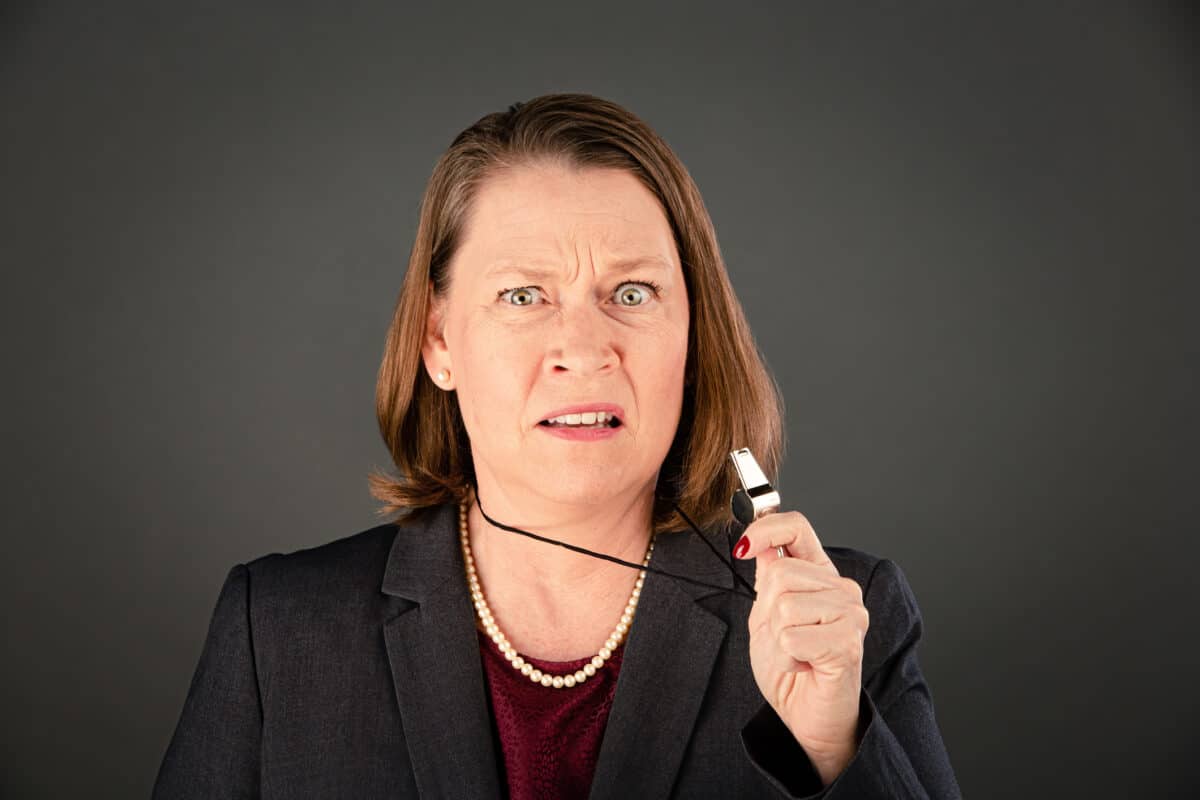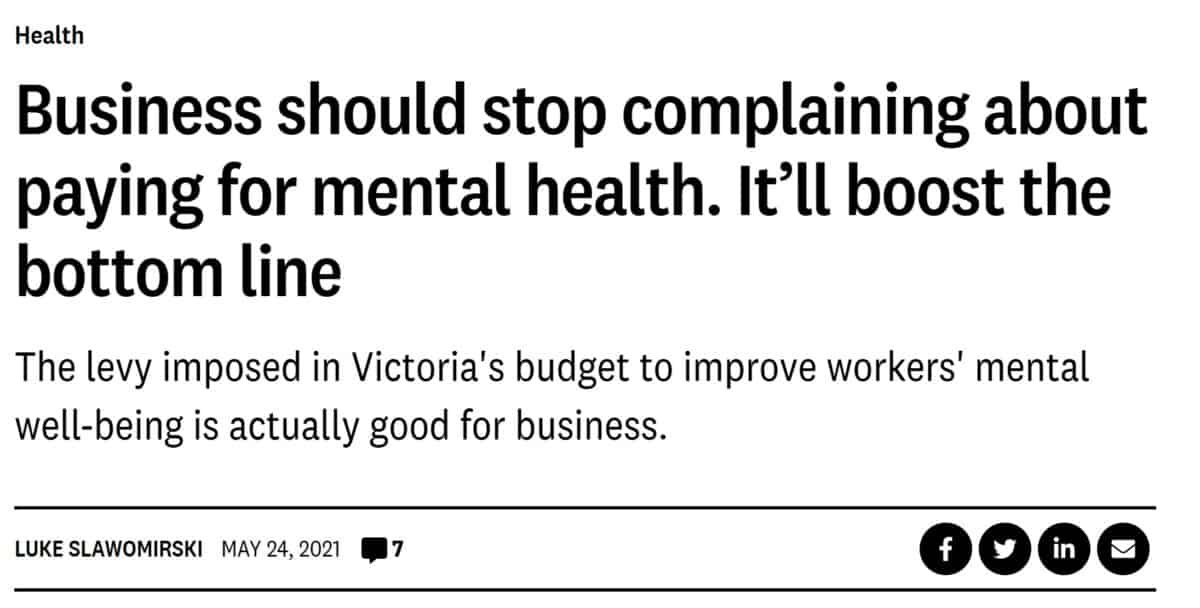Recently WorkSafe Victoria successfully prosecuted Midfield Meats International over an occupational health and safety (OHS) breach described as:
“a labour hire worker was hit by a reversing forklift as he was stacking cardboard sheets against a wall. The worker’s legs were crushed between the forklift and a steel barrier. He was taken to hospital and suffered nerve damage to his lower legs.”
The company pleaded guilty and was ordered to pay costs of $2000. In a media release, WorkSafe’s Executive Director of Health and Safety, Julie Nielsen, said
“This incident should serve as a wake-up call to this company and to others that it is simply unacceptable for pedestrians and mobile plant to mix…..”
But as OHSintros noted on a Facebook post about the prosecution, the Midfield Group is well known to WorkSafe, with OHS prosecutions going back to at least 2004 which attracted around $280,000 in fines, the largest penalty $95,000 in 2019. So it is worth a brief look at the OHS profile of the Midfield Group.







